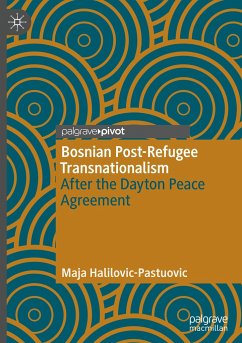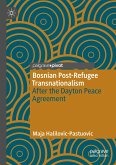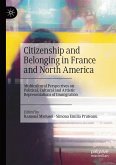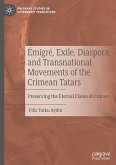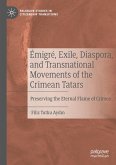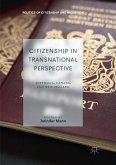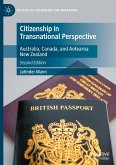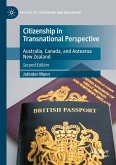This book develops a new concept of post-refugee transnationalism to describe experiences of Bosnian refugees who settled in Ireland after fleeing the conflict in 1990s Bosnia and Herzegovina. The book explores their ambivalent relationship with their host and home countries, Ireland and Bosnia, arguing that their current experiences are best described as post-refugee transnationalism. Post-refugee transnationalism is characterised by Bosnians dividing their time between the two countries rather than permanently settling in either and by engaging in summer migrations and diasporic interconnections and affiliations. The book proposes post-refugee transnationalism as different to other instances of transnationalism by stressing its enforced origin provoked by the conflict and institutionalized by the Dayton Peace Agreement. The book combines Foucault's biopolitics, David Theo Goldberg's understanding of nation states as racial states and Giorgio Agamben's expansion on the idea of potentiality, to develop the concept of post-refugee transnationalism.
Bitte wählen Sie Ihr Anliegen aus.
Rechnungen
Retourenschein anfordern
Bestellstatus
Storno

